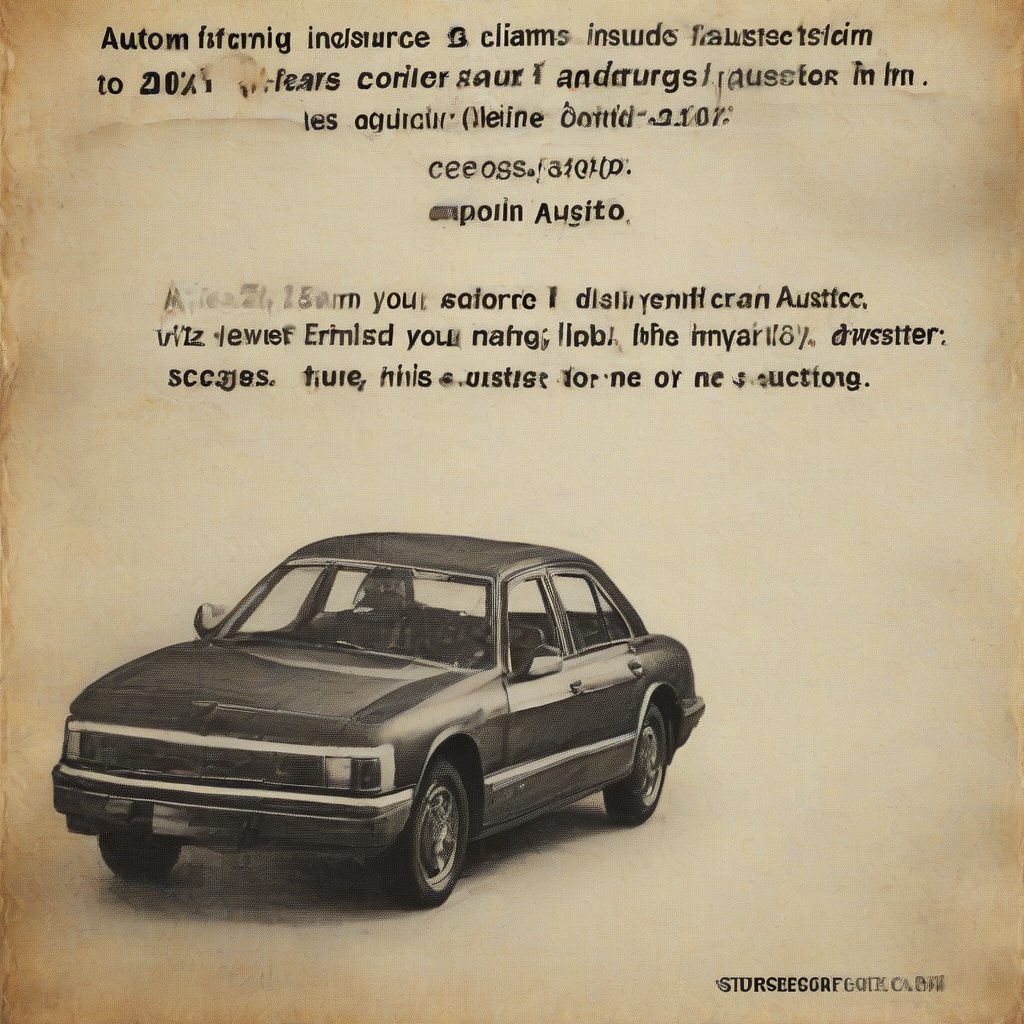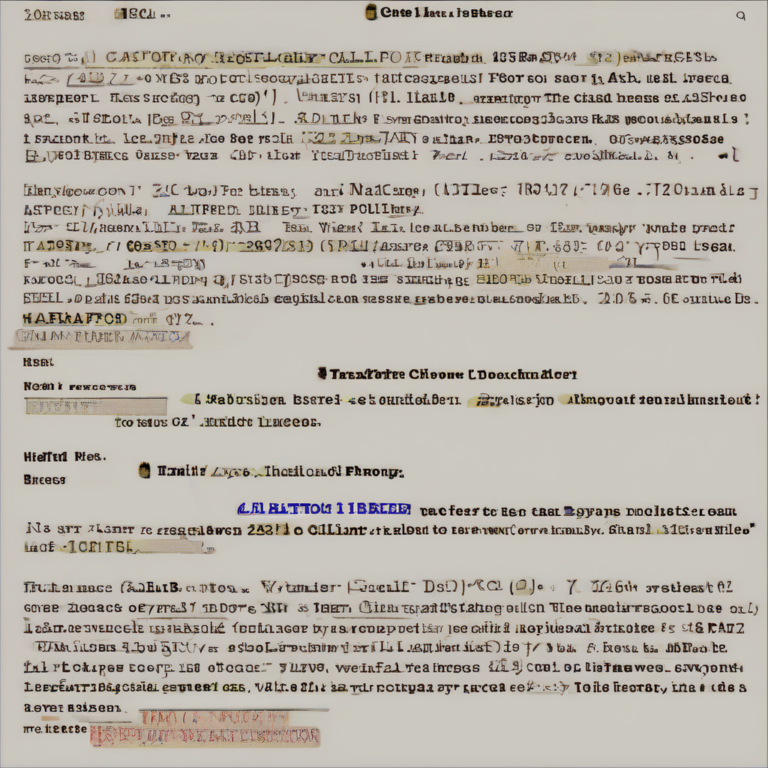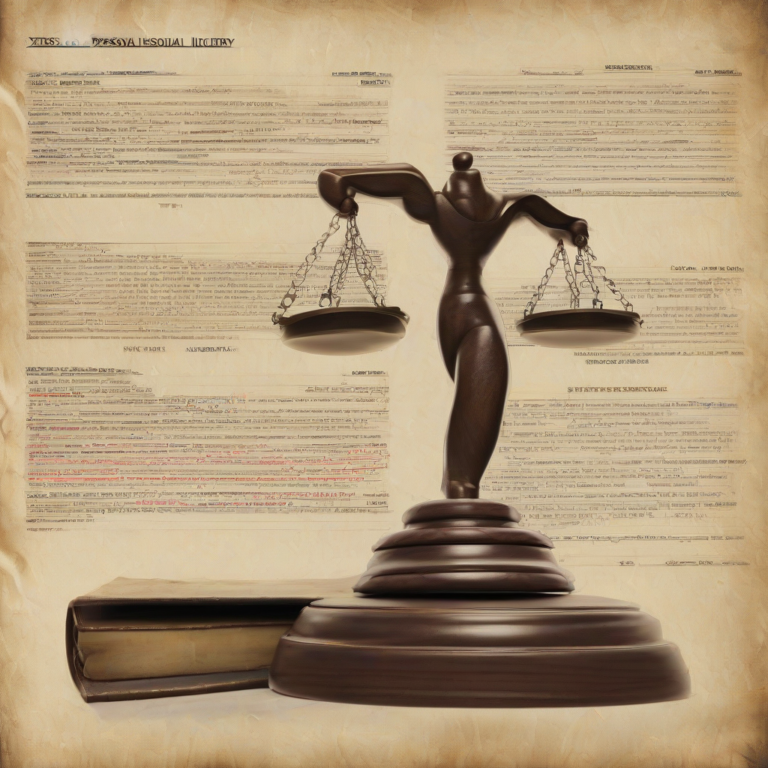
Decoding the Role of an Auto Insurance Claims Adjuster: A Comprehensive Guide
The aftermath of a car accident can be a stressful and confusing experience. Navigating insurance claims, dealing with repairs, and understanding your rights can feel overwhelming. This is where the auto insurance claims adjuster steps in. This guide provides a comprehensive overview of their role, responsibilities, and how they interact with policyholders throughout the claims process.
Understanding the Role of an Auto Insurance Claims Adjuster
An auto insurance claims adjuster is a professional responsible for investigating and settling insurance claims related to car accidents. They act as a liaison between the insurance company and the policyholder, assessing the damages, determining liability, and ultimately deciding on the appropriate compensation. Their work is crucial in ensuring fair and timely settlements for all parties involved.
- Investigating the Accident: Adjusters begin by gathering information about the accident. This involves reviewing police reports, interviewing witnesses, inspecting the damaged vehicles, and taking photographs. The goal is to reconstruct the events leading to the accident and determine the cause.
- Determining Liability: A key aspect of the adjuster’s job is establishing liability. They analyze the evidence collected to determine which party (or parties) was at fault for the accident. This determination significantly impacts how the claim is processed and the amount of compensation paid.
- Assessing Damages: Adjusters evaluate the extent of the damages caused by the accident. This includes assessing damage to vehicles, medical bills, lost wages, and other related expenses. They may use independent appraisers or repair shops to obtain accurate cost estimates.
- Negotiating Settlements: Based on their investigation and assessment, adjusters negotiate settlements with the policyholders. This involves discussing the claim details, explaining the insurance coverage, and reaching an agreement on the amount of compensation. This negotiation process is critical and often requires skillful communication and diplomacy.
- Processing Payments: Once a settlement is reached, the adjuster processes the payment to the policyholder or other involved parties. This includes ensuring that all necessary paperwork is completed and that the funds are disbursed according to the agreed-upon terms.
- Managing the Claim File: Throughout the entire claims process, adjusters meticulously maintain the claim file. This file contains all relevant documentation, including accident reports, medical records, repair estimates, and correspondence with involved parties. Proper record-keeping is essential for transparency and accountability.
Types of Auto Insurance Claims Adjusters
There are different types of auto insurance claims adjusters, each with specific responsibilities and areas of expertise:
- Company Adjusters: These adjusters are employed directly by insurance companies. They handle claims for their own company’s policyholders. They typically work within the company’s guidelines and procedures.
- Independent Adjusters: Independent adjusters are self-employed professionals who contract with insurance companies to handle claims. They provide flexibility to insurance companies, especially during periods of high claim volume or in geographically dispersed areas.
- Public Adjusters: Unlike company or independent adjusters, public adjusters represent the policyholder, not the insurance company. They are hired by individuals to negotiate with the insurance company on their behalf, aiming to maximize the settlement amount.
The Claims Process: A Step-by-Step Guide
The auto insurance claims process generally follows these steps:
- Reporting the Accident: The first step is to report the accident to your insurance company as soon as possible. Provide all relevant information, including the date, time, location, and details of the accident.
- Initial Investigation: The insurance company will initiate an investigation. This may involve contacting you, reviewing the police report, and assessing the damages.
- Claim Assignment: The claim is then assigned to a claims adjuster. The adjuster will contact you to schedule an appointment to discuss the details of the accident and the damages.
- Evidence Gathering: The adjuster will gather evidence to support their assessment of the accident and the damages. This may include photographs, witness statements, and medical records.
- Liability Determination: The adjuster determines liability based on the gathered evidence. This step is crucial as it impacts the distribution of financial responsibility.
- Damage Assessment: The adjuster assesses the damages to your vehicle, any injuries sustained, and other related expenses such as lost wages or rental car costs.
- Settlement Negotiation: The adjuster negotiates a settlement with you. This involves discussing the assessment of damages and reaching an agreement on the compensation amount.
- Payment Processing: Once a settlement is reached, the adjuster processes the payment, which may involve direct payment to repair shops, medical providers, or you directly.
- Claim Closure: The claim is closed once the payment is made and all necessary documentation is received.
Dealing with an Auto Insurance Claims Adjuster
Interacting effectively with an auto insurance claims adjuster is essential for a smooth and fair claims process. Here are some tips:
- Be Honest and Accurate: Provide accurate and complete information to the adjuster. Any discrepancies or omissions can delay the process and potentially impact your claim.
- Document Everything: Keep thorough records of all communication, documents, and expenses related to the claim. This documentation will be valuable throughout the process and can help support your case.
- Gather Evidence: Collect as much evidence as possible, including photos of the damage, police reports, witness statements, and medical records. This evidence will strengthen your claim and support your request for compensation.
- Understand Your Policy: Review your insurance policy carefully to understand your coverage and rights. Knowing your policy details can help you navigate the claims process more effectively.
- Be Patient and Persistent: The claims process can take time. Be patient and persistent in following up with the adjuster. If you experience delays or difficulties, don’t hesitate to escalate your concerns to a supervisor.
- Seek Legal Advice If Necessary: If you are dissatisfied with the adjuster’s assessment or the offered settlement, consider seeking legal advice. An attorney can help you navigate the legal aspects of your claim and protect your rights.
The Importance of Accurate Documentation
Accurate and thorough documentation is critical throughout the entire claims process. This applies to both the adjuster and the policyholder. For the adjuster, accurate documentation ensures a fair and efficient claim settlement, while for the policyholder, it safeguards their interests and rights.
- Police Reports: The police report serves as an official record of the accident, detailing the circumstances, contributing factors, and any injuries sustained. It is an invaluable piece of evidence for the adjuster.
- Photographs and Videos: Visual evidence is crucial in assessing the extent of damages. Photographs and videos of the damaged vehicles, the accident scene, and any injuries sustained can help paint a clear picture of the situation.
- Medical Records: Medical records are essential if injuries were sustained in the accident. They document the nature and extent of the injuries, treatment received, and any ongoing medical needs.
- Repair Estimates: Accurate repair estimates from reputable repair shops are crucial in determining the cost of vehicle repairs. Adjusters may require multiple estimates to ensure fair pricing.
- Witness Statements: Statements from witnesses who observed the accident can provide valuable insights and corroborate the account of the involved parties.
Ethical Considerations for Claims Adjusters
Claims adjusters operate within a framework of ethical guidelines and regulations. Their responsibility extends beyond simply processing claims; they must act fairly and impartially to ensure equitable outcomes for all involved parties.
- Impartiality and Fairness: Adjusters must conduct their investigations and assessments impartially, avoiding bias or favoritism towards either party.
- Transparency and Communication: Open and honest communication is critical. Adjusters must clearly explain the claims process, their findings, and the reasoning behind their decisions.
- Accuracy and Thoroughness: Adjusters must ensure the accuracy and completeness of their investigations and assessments. Errors or omissions can lead to unfair settlements.
- Confidentiality: Adjusters handle sensitive personal information and must maintain strict confidentiality in accordance with privacy regulations.
- Compliance with Regulations: Adjusters must comply with all applicable laws, regulations, and insurance industry standards.
The Future of Auto Insurance Claims Adjusting
The field of auto insurance claims adjusting is constantly evolving, driven by technological advancements and changing industry practices. The use of technology is transforming how claims are processed and settled.
- Telematics and Data Analytics: Telematics devices and data analytics are increasingly used to gather information about accidents, assess damages, and determine liability more accurately.
- Artificial Intelligence and Automation: AI and automation are streamlining various aspects of the claims process, such as initial claim intake, damage assessment, and fraud detection.
- Online Claim Portals: Online portals are making it easier for policyholders to file claims, track their progress, and communicate with adjusters.
- Increased Focus on Customer Service: There is a growing emphasis on improving customer service in the claims process, making it more efficient and user-friendly for policyholders.





